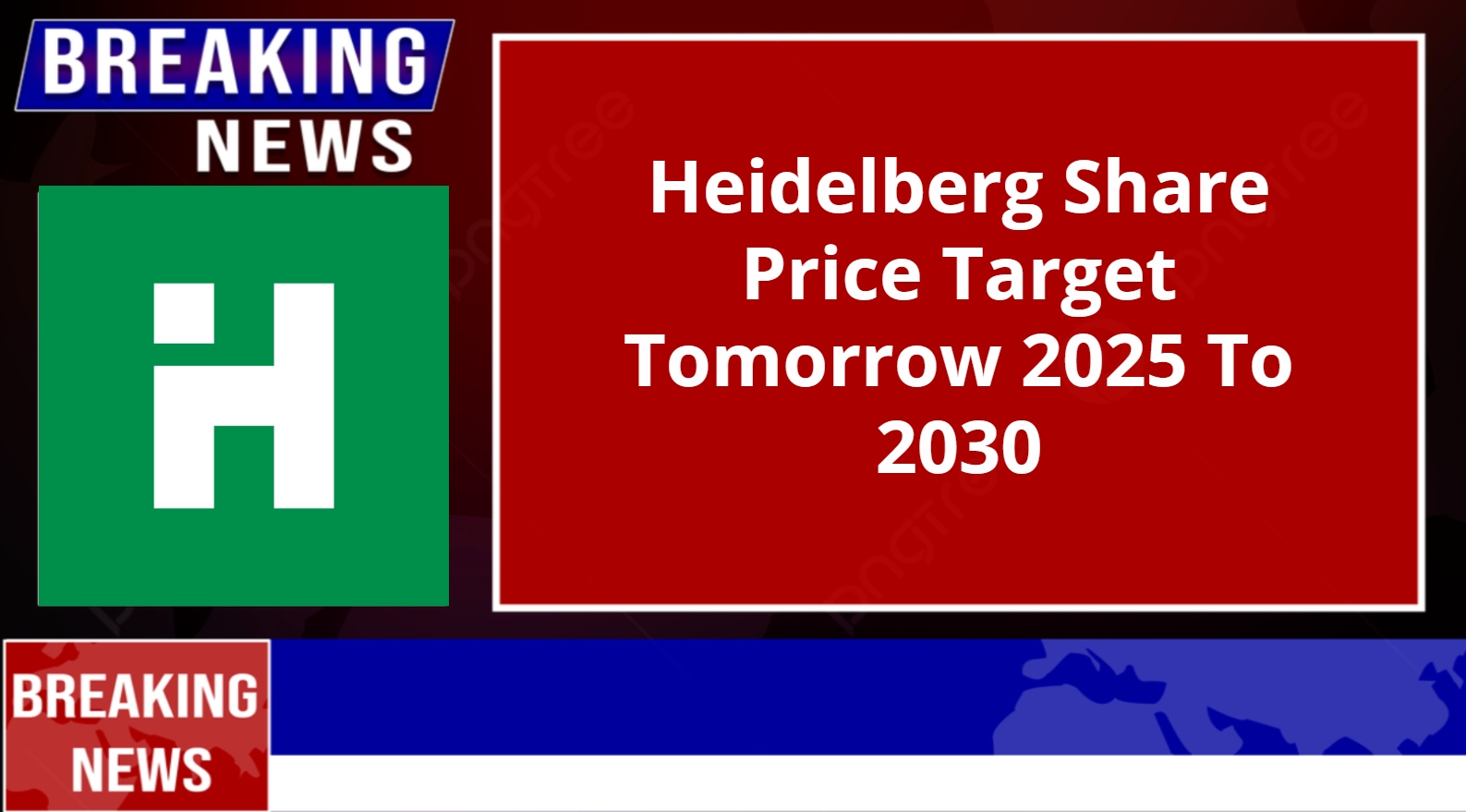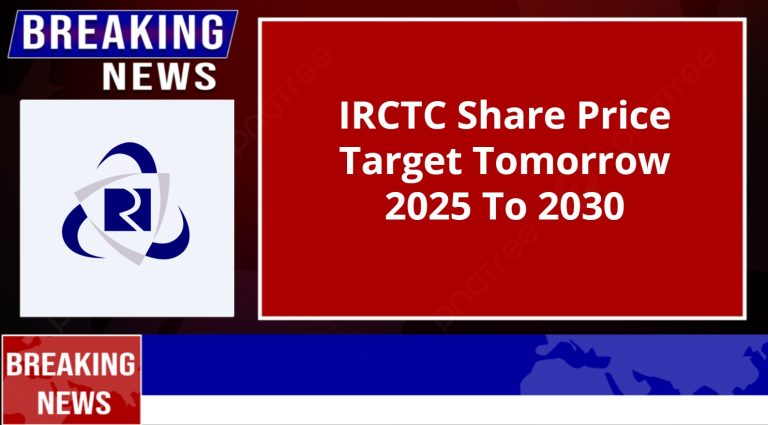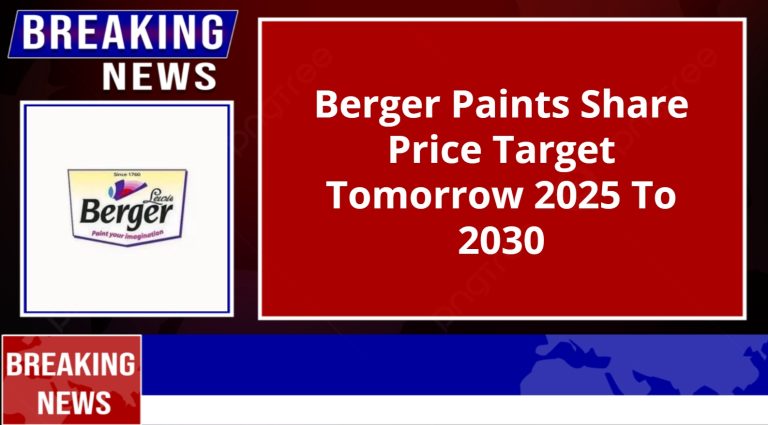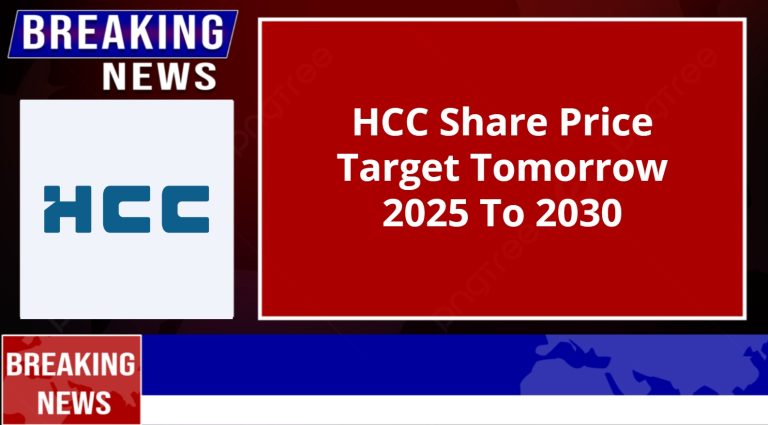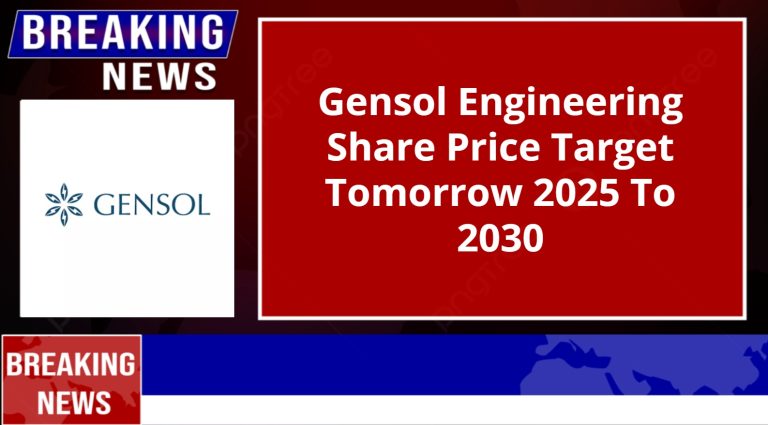Heidelberg Share Price Target Tomorrow 2025 To 2030
Heidelberg Cement India is a well-known cement manufacturer in India and a subsidiary of the global cement giant Heidelberg Materials. The company produces high-quality cement used in infrastructure, real estate, and construction projects. Heidelberg shares are listed on the stock market and are influenced by factors like demand for cement, raw material costs, government policies, and competition in the industry. Heidelberg Share Price on NSE as of 2 April 2025 is 198.02 INR.
Current Market overview of Heidelberg Share Price
- Open: 196.25
- High: 198.50
- Low: 195.60
- Previous Close: 197.68
- Volume: 36,667
- Value (Lacs): 72.61
- VWAP: 196.94
- Mkt Cap (Rs. Cr.): 4,487
- Face Value: 10
- UC Limit: 237.21
- LC Limit: 158.14
- 52 Week High: 258.00
- 52 Week Low: 186.74
Heidelberg Share Price Target Tomorrow 2025 To 2030
| Heidelberg Share Price Target Years | Heidelberg Share Price |
| 2025 | INR 260 |
| 2026 | INR 280 |
| 2027 | INR 300 |
| 2028 | INR 320 |
| 2029 | INR 340 |
| 2030 | INR 360 |
Heidelberg Share Price Chart
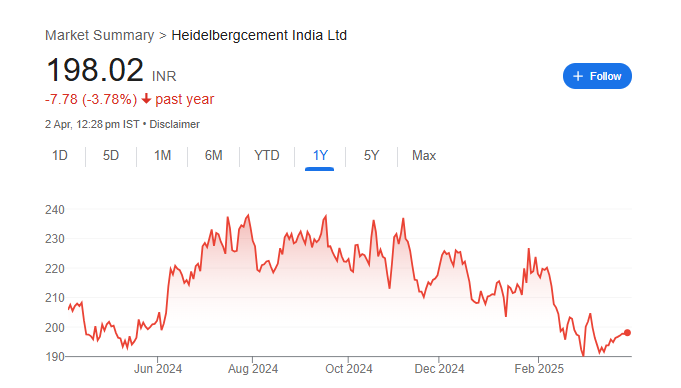
Heidelberg Shareholding Pattern
- Promoter: 69.39%
- FII: 2.31%
- DII: 12.67%
- Public: 15.63%

Key Factors Affecting Heidelberg Share Price Growth
-
Cement Demand and Infrastructure Growth
Heidelberg is a major cement producer, and its share price depends on the demand for cement. A rise in infrastructure projects, housing development, and industrial construction can drive sales, leading to stock price growth. -
Raw Material and Energy Costs
The company’s profitability is linked to the cost of raw materials like limestone and coal. If these costs remain stable or decline, Heidelberg’s margins can improve, positively impacting its stock price. -
Government Policies and Regulations
Supportive policies such as increased infrastructure spending and incentives for the construction sector can boost Heidelberg’s business. On the other hand, stricter environmental regulations could add compliance costs. -
Economic Growth and Interest Rates
A strong economy leads to higher construction activity, boosting cement demand. Additionally, lower interest rates make borrowing cheaper, encouraging real estate and infrastructure investments, benefiting Heidelberg’s stock. -
Market Competition and Pricing Power
Heidelberg competes with major cement players. If the company can maintain strong pricing power and market share despite competition, it can sustain revenue growth and investor confidence. -
Operational Efficiency and Expansion Plans
Investments in new plants, technology, and cost-cutting measures can improve profitability. If Heidelberg successfully expands its capacity and improves efficiency, it can enhance long-term stock performance. -
Global and Domestic Cement Industry Trends
Global demand, export opportunities, and innovations in sustainable construction materials also play a role in stock growth. If Heidelberg adapts well to industry trends, it can maintain steady growth in share value.
Risks and Challenges for Heidelberg Share Price
-
Fluctuating Raw Material and Energy Costs
Cement production relies on raw materials like limestone, coal, and power. Rising fuel and transportation costs can reduce profit margins, making it harder for Heidelberg to maintain stable earnings. -
Economic Slowdown and Low Construction Activity
If the economy weakens, demand for cement may decline due to slower infrastructure and real estate development. This can impact Heidelberg’s sales and put pressure on its stock price. -
Intense Market Competition
The cement industry is highly competitive, with major players like UltraTech and ACC. If Heidelberg struggles to maintain market share or competitive pricing, it may face revenue challenges. -
Government Regulations and Environmental Policies
Strict environmental norms, carbon taxes, and pollution control regulations could increase compliance costs. This may affect profitability and limit future expansion plans. -
Interest Rate Hikes and Inflation
High-interest rates make borrowing expensive for construction and infrastructure companies, reducing demand for cement. Inflation can also increase production costs, affecting Heidelberg’s financial performance. -
Global Economic and Supply Chain Disruptions
Any disruption in global trade, such as rising freight costs or import restrictions on raw materials, can impact Heidelberg’s supply chain, increasing operational expenses. -
Cyclical Nature of the Cement Industry
The cement business is cyclical, with demand fluctuating based on economic conditions and seasonal factors. If demand drops during a downturn, Heidelberg’s revenue and share price could be negatively affected.
Read Also:- PG Share Price Target Tomorrow 2025 To 2030

